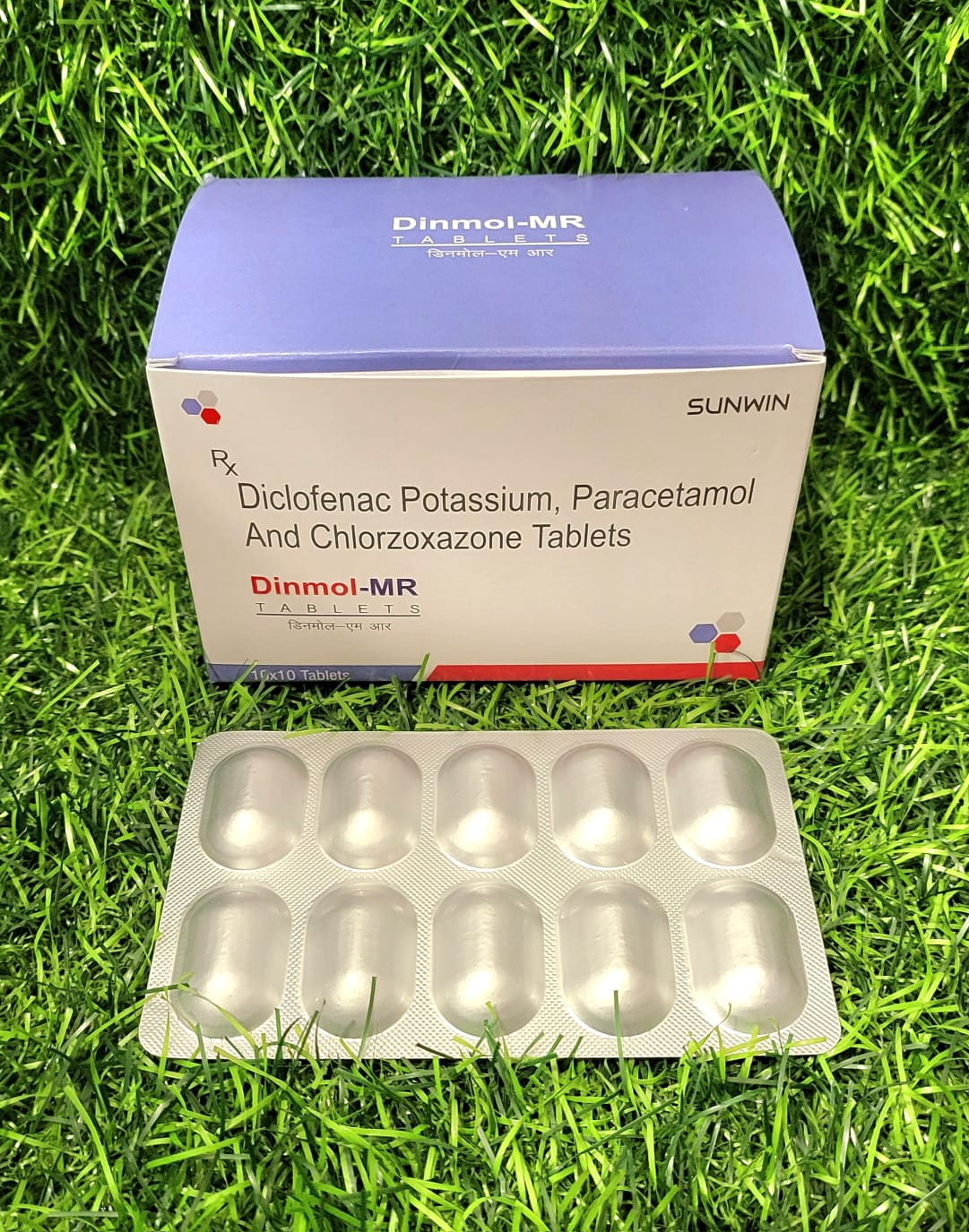Composition:-
Erythropoietin /4000Iu
Uses:-
Erythropoietin, also known as EPO, is a hormone naturally produced by the kidneys that stimulates the production of red blood cells in the bone marrow. EPO plays a crucial role in maintaining adequate levels of red blood cells, which are responsible for carrying oxygen throughout the body. EPO is used as a medication to treat anemia, particularly in individuals with chronic kidney disease who have low levels of EPO production. It works by stimulating the bone marrow to produce more red blood cells, thereby increasing the hemoglobin levels in the blood and improving oxygen delivery to tissues. EPO may also be used to reduce the need for blood transfusions in certain medical conditions, such as anemia associated with cancer chemotherapy or HIV treatment.
Side Effects:-
While erythropoietin can be beneficial in treating anemia, it may also cause some side effects in some individuals. Common side effects include headache, dizziness, nausea, vomiting, diarrhea, and joint or muscle pain. These side effects are usually mild and temporary, but they may require medical attention if they persist or worsen. In some cases, erythropoietin may cause more serious side effects, such as high blood pressure, blood clots, seizures, or allergic reactions. Rarely, EPO therapy may lead to a condition called pure red cell aplasia, where the bone marrow stops producing red blood cells. It is essential to report any unusual or severe side effects to your healthcare provider promptly.
Indication:-
Erythropoietin / 4000 IU is indicated for the treatment of anemia in various clinical settings, particularly in individuals with chronic kidney disease who are undergoing dialysis or receiving certain medications that suppress EPO production. It may also be used to treat anemia associated with cancer chemotherapy or HIV treatment. The dosage and frequency of EPO administration depend on the individual’s hemoglobin level, weight, kidney function, and other factors. EPO is usually administered as an injection under the skin (subcutaneous) or into a vein (intravenous) by a healthcare professional. It is essential to follow your healthcare provider’s instructions carefully and to undergo regular monitoring of your blood counts and EPO levels during treatment.

